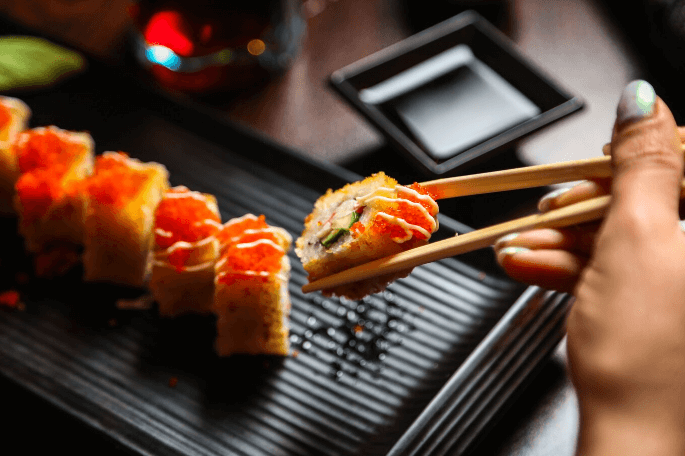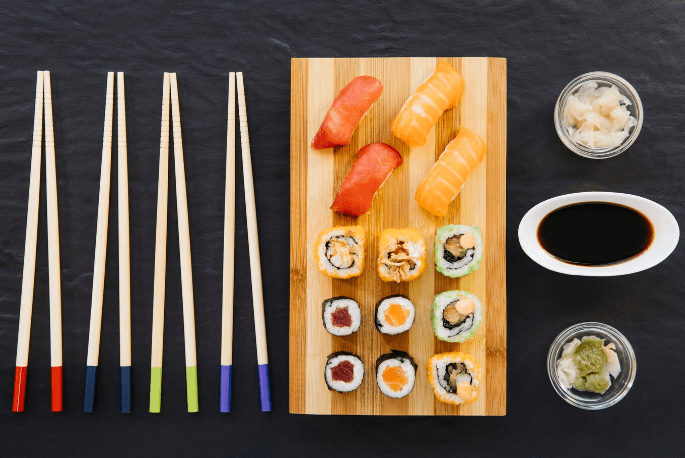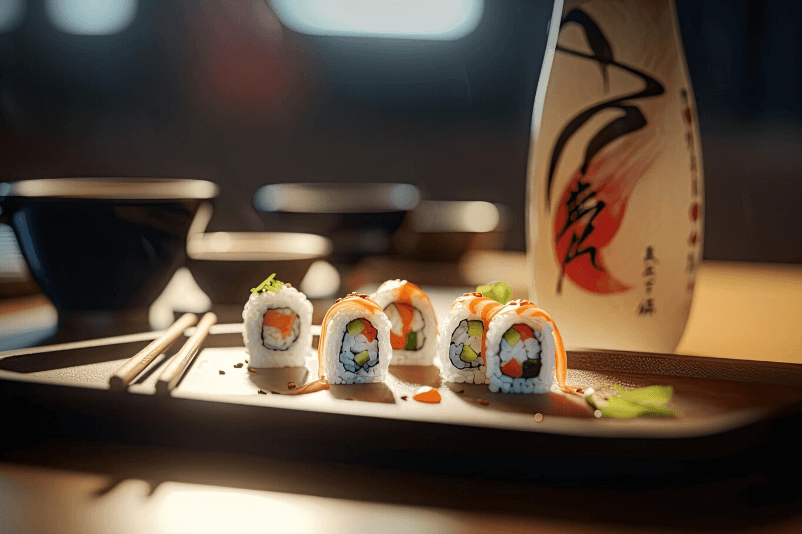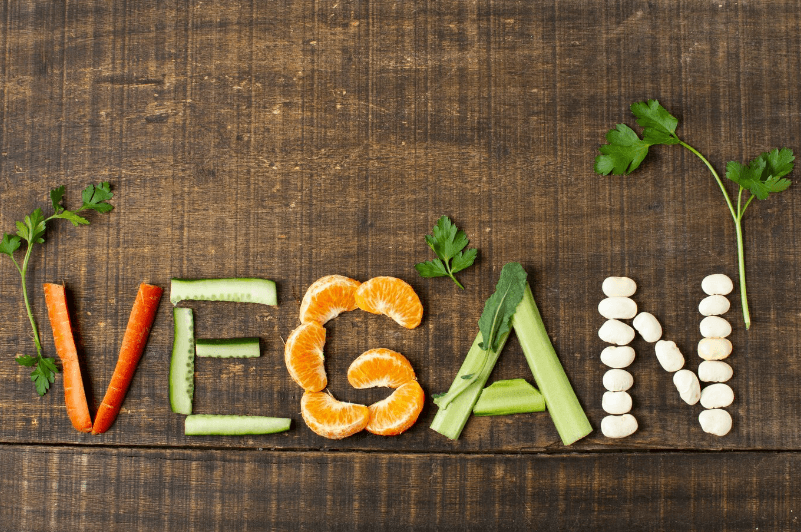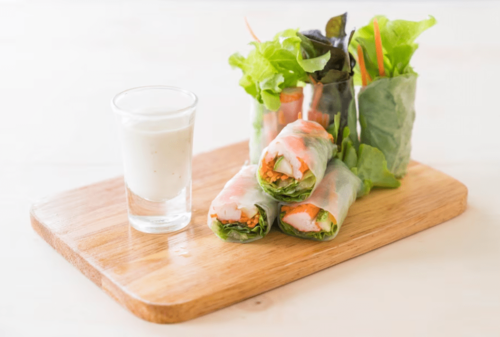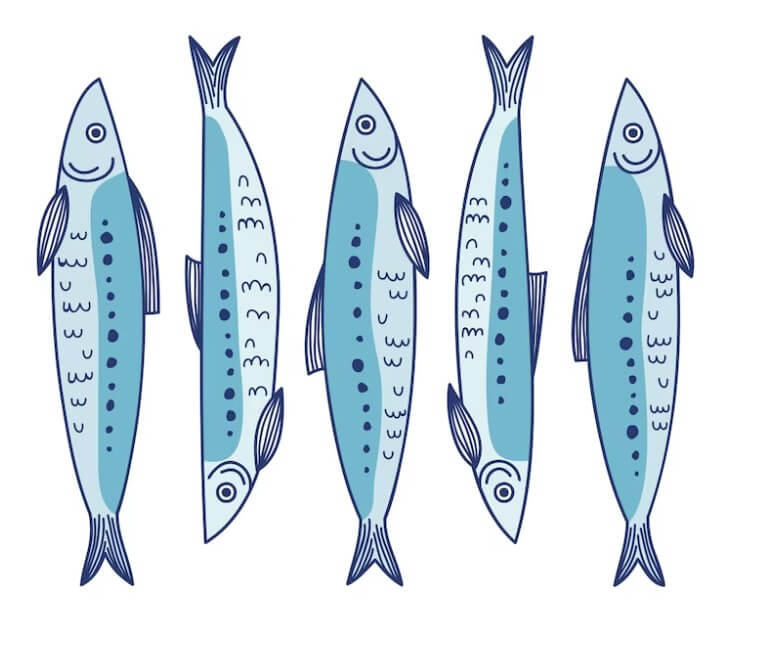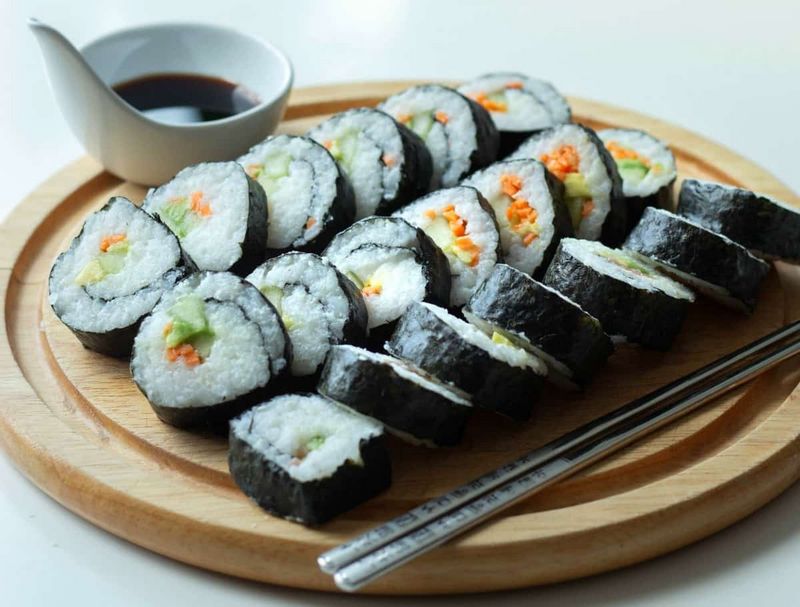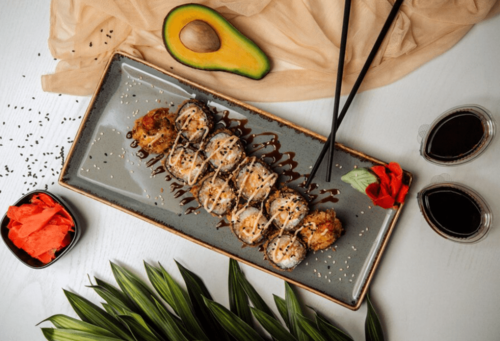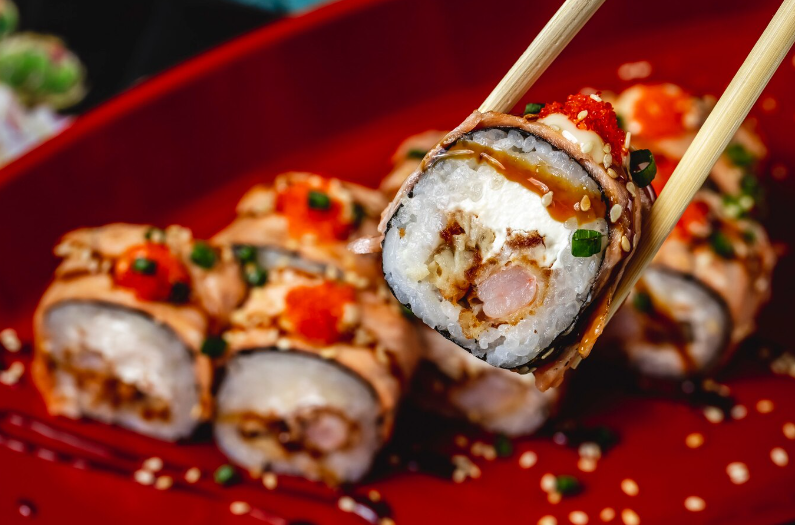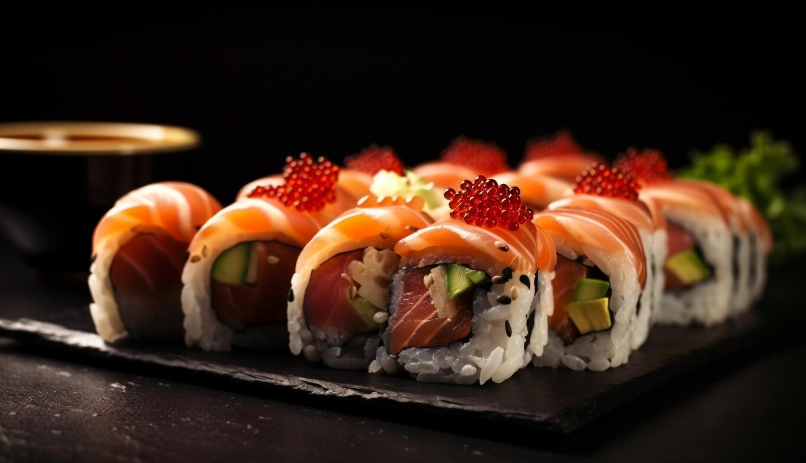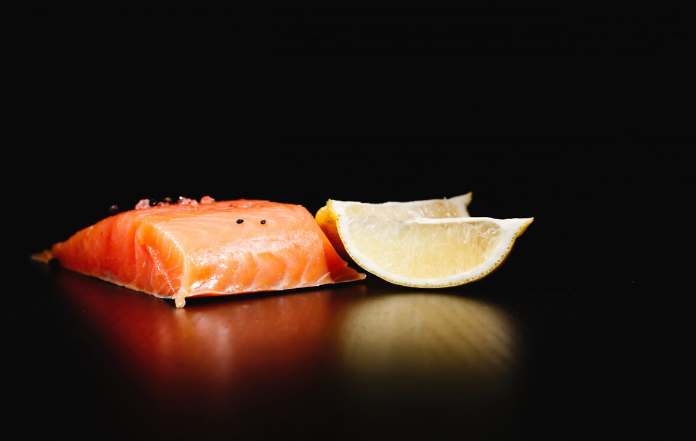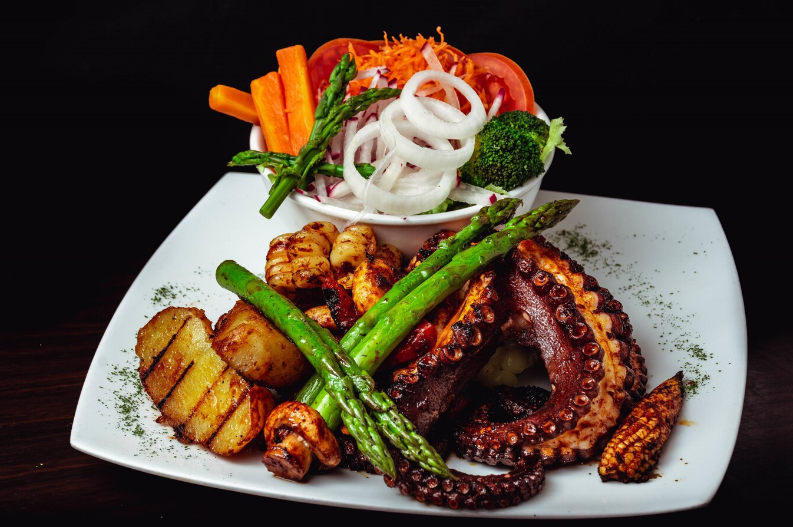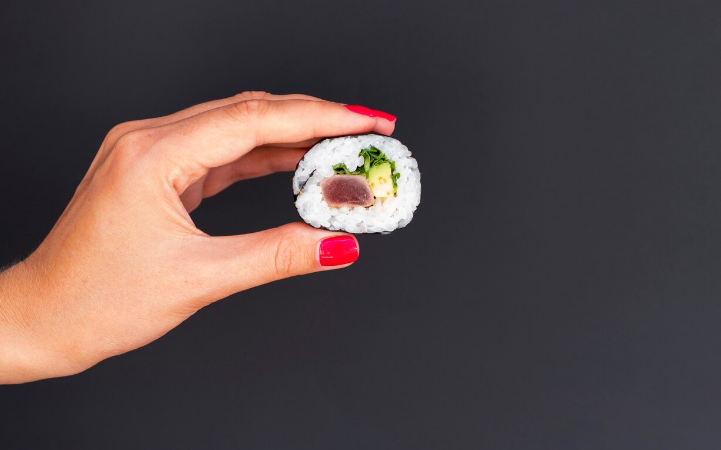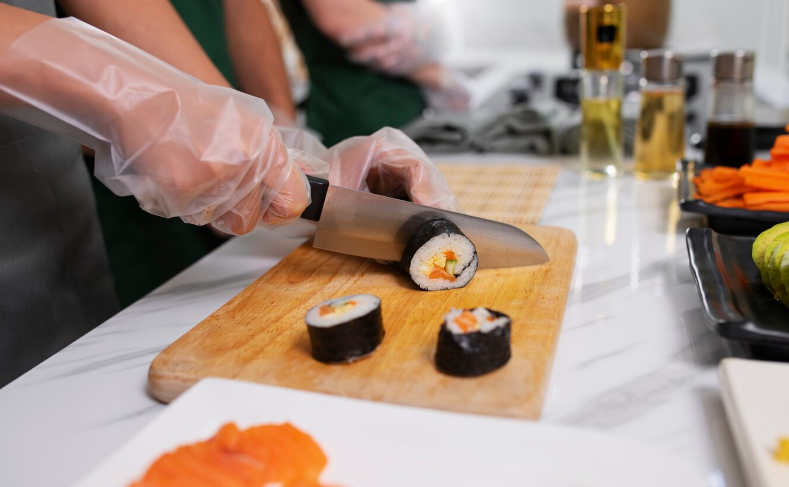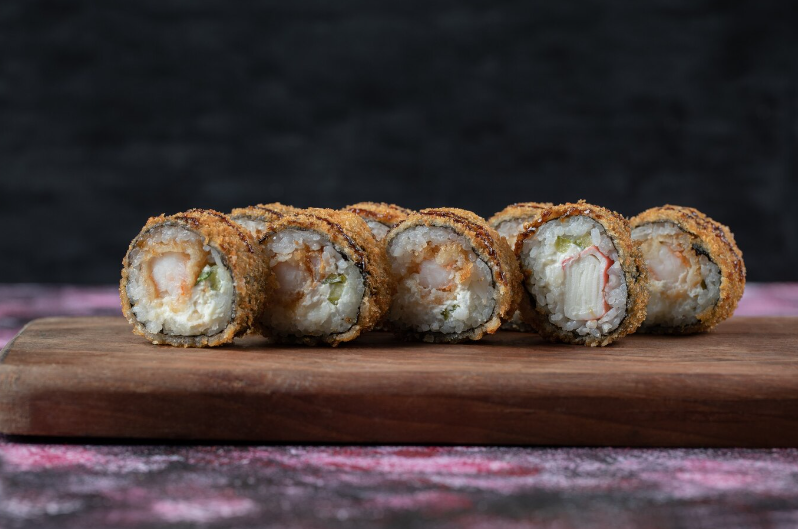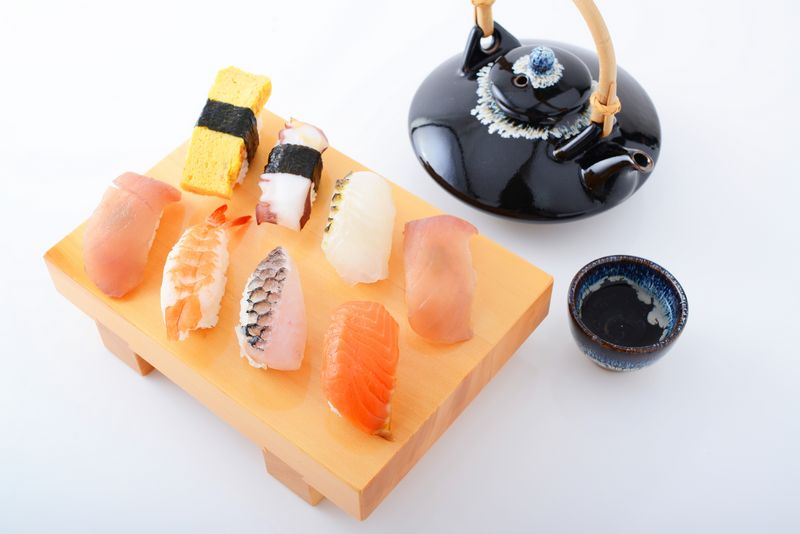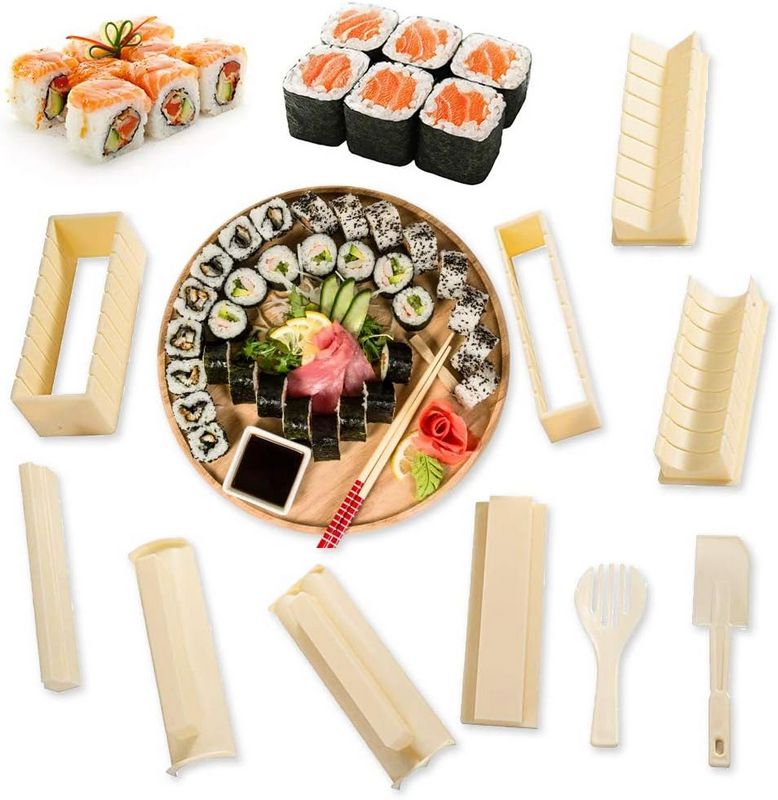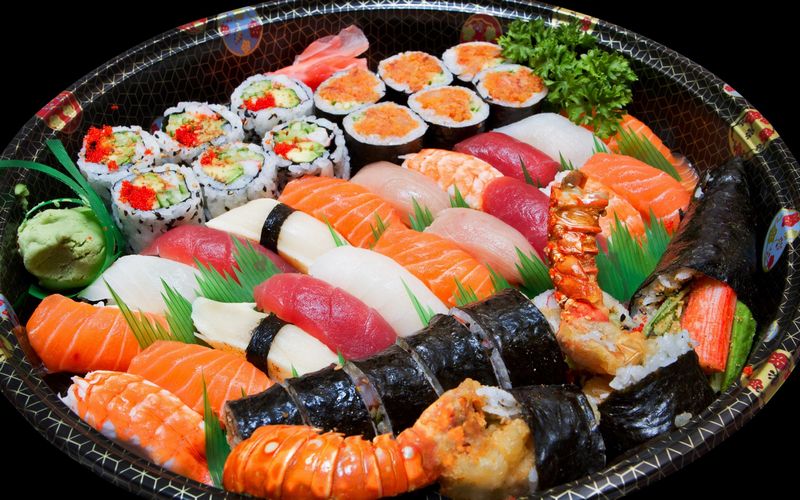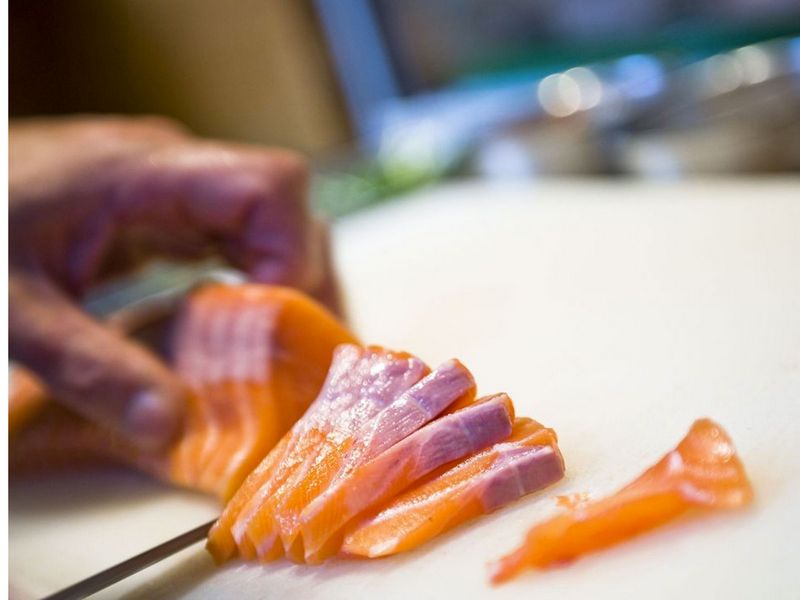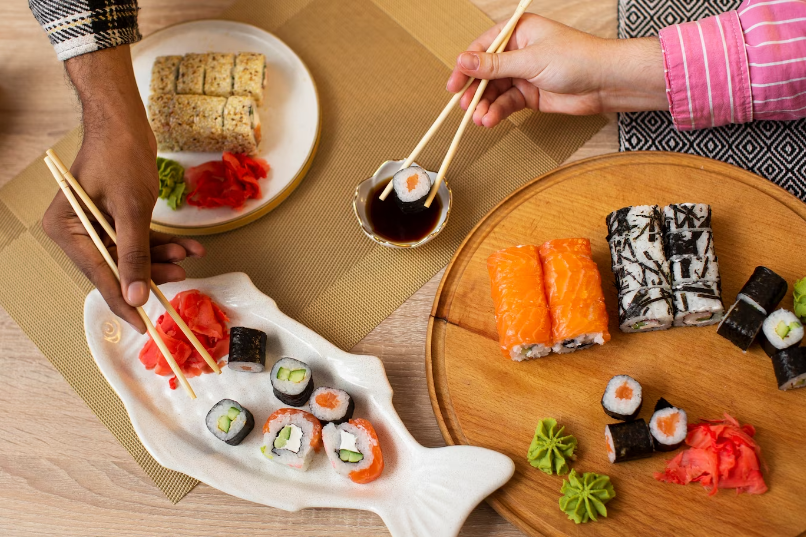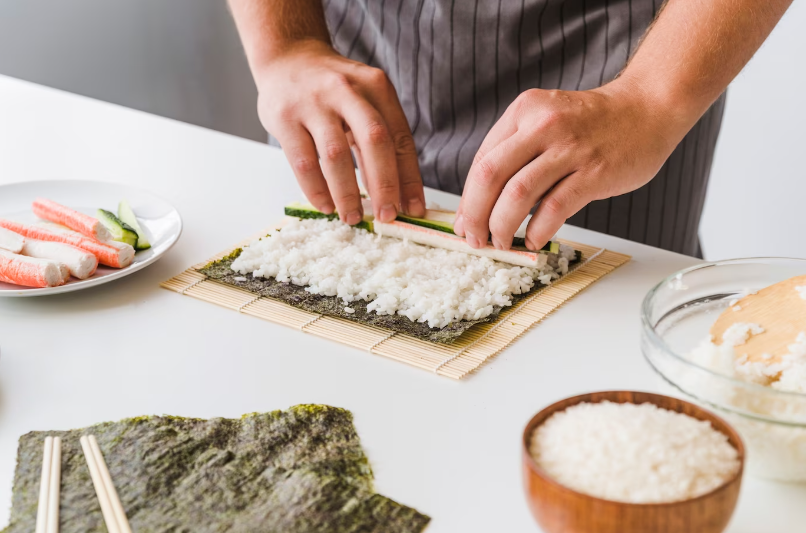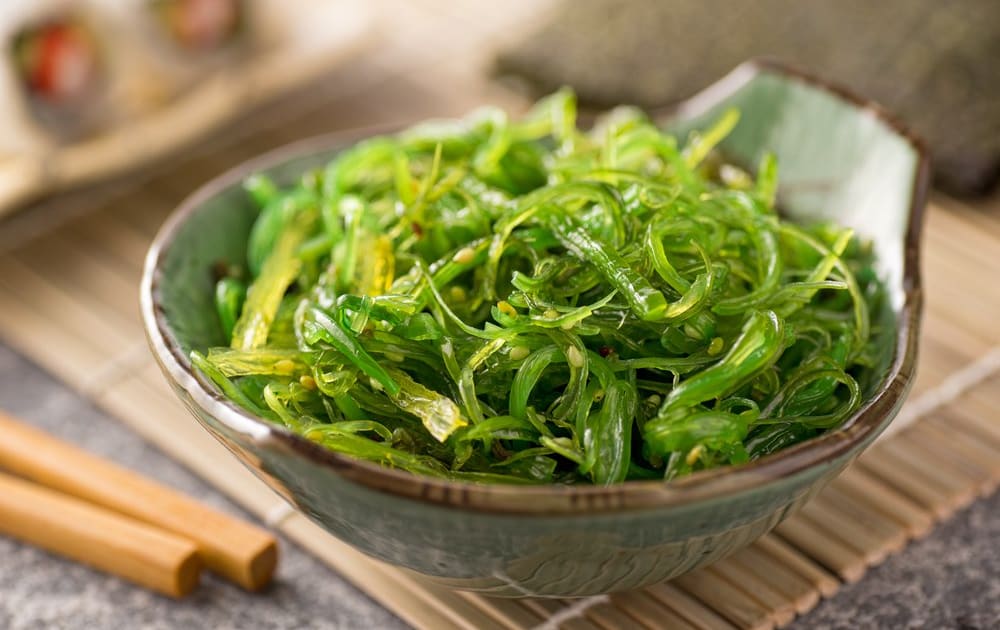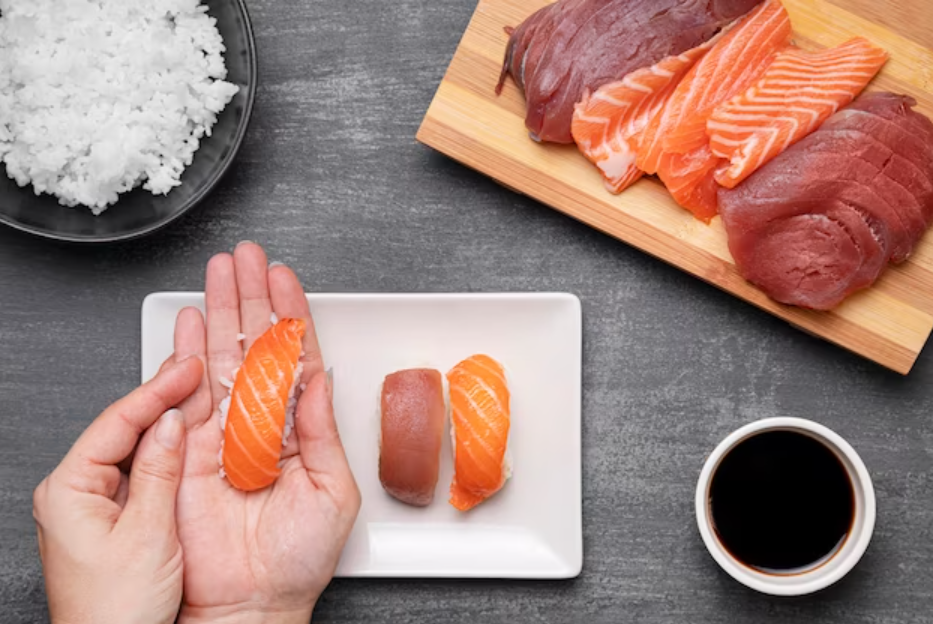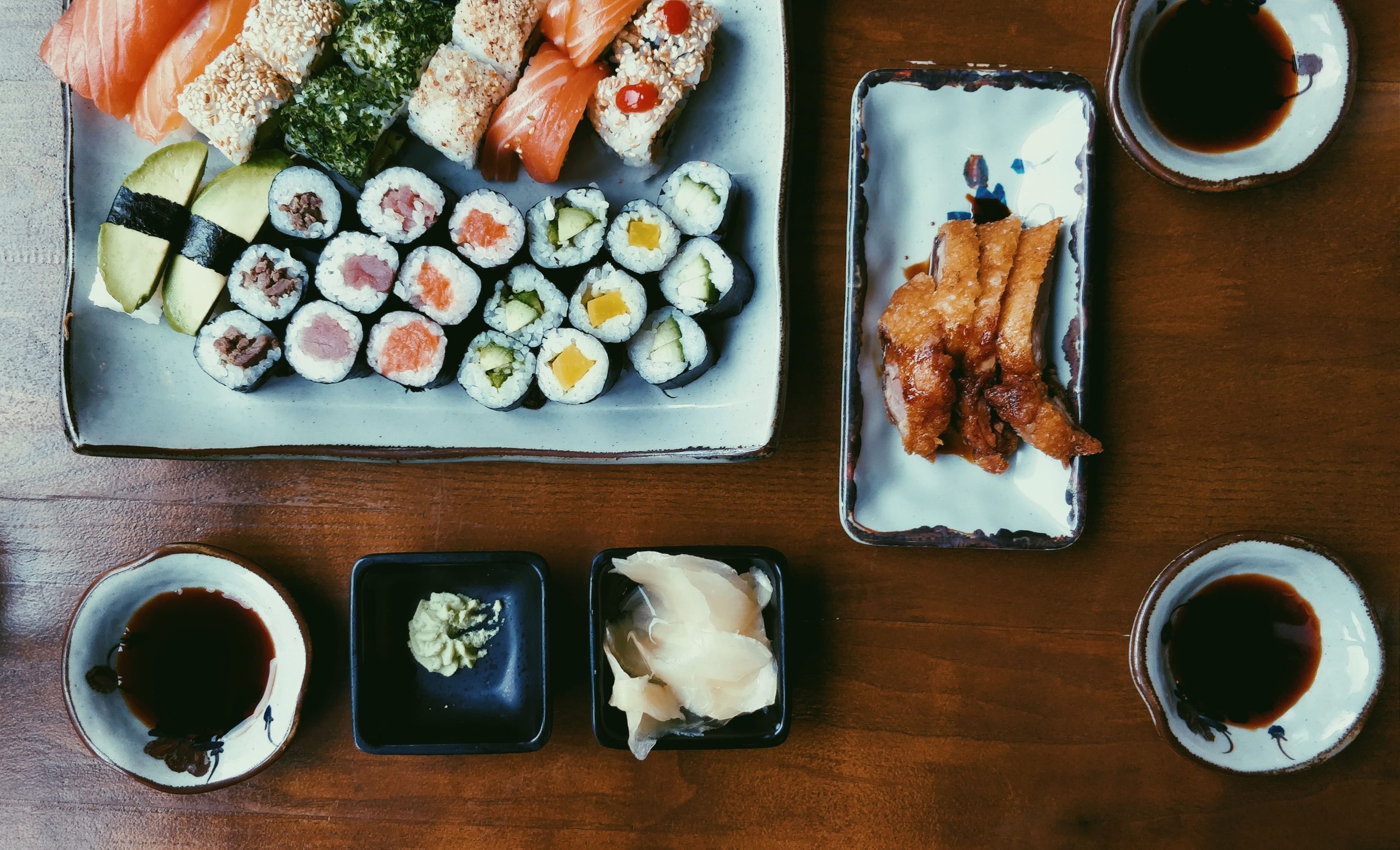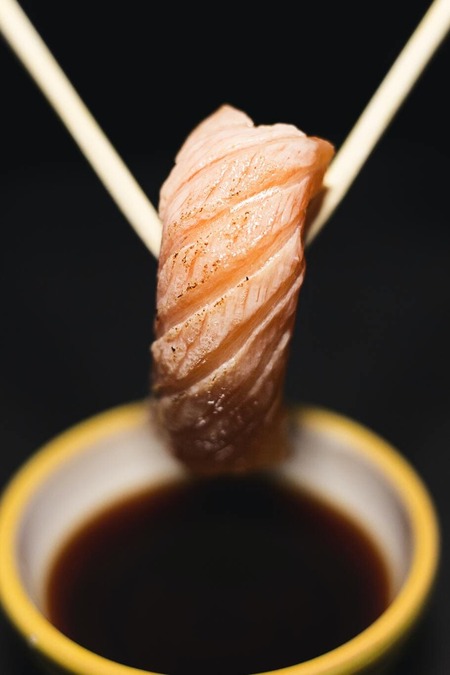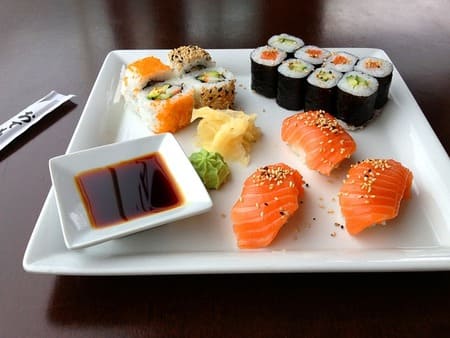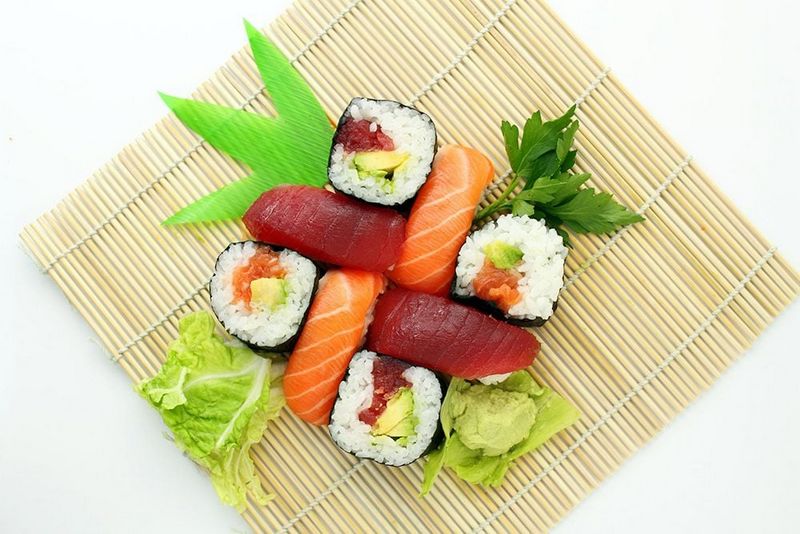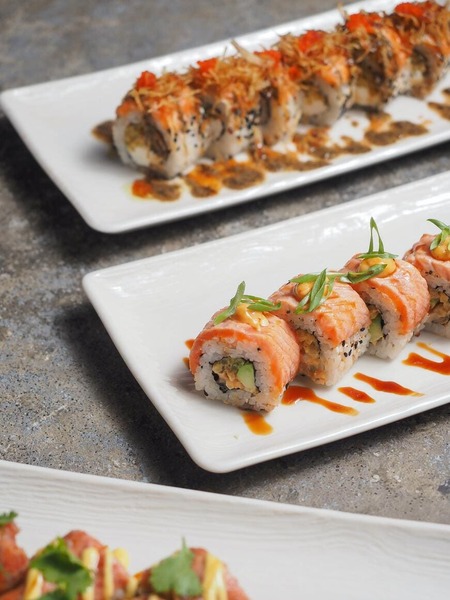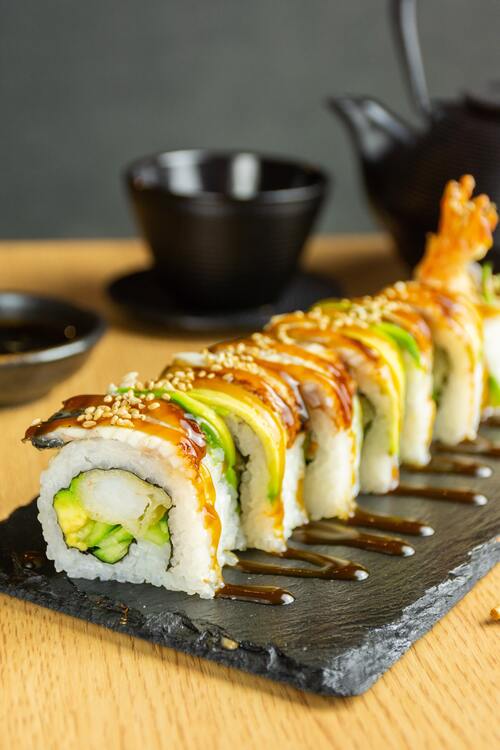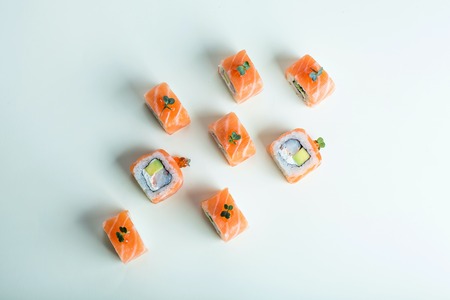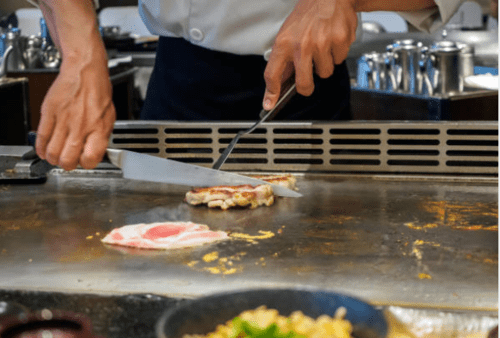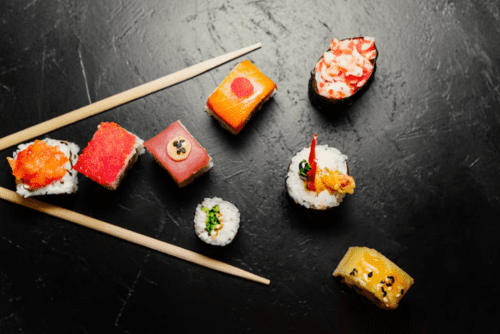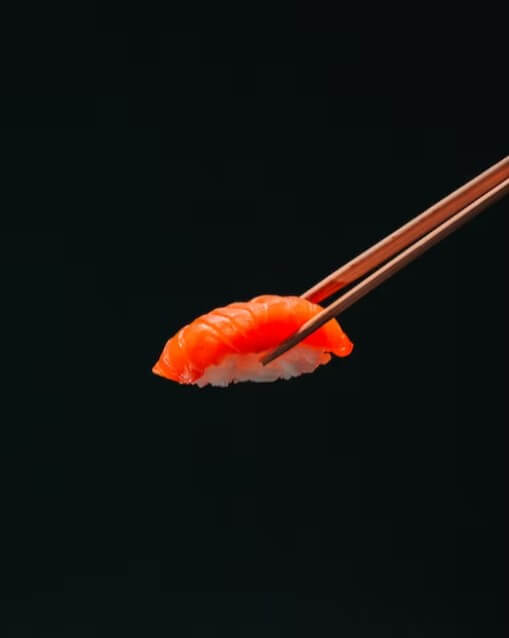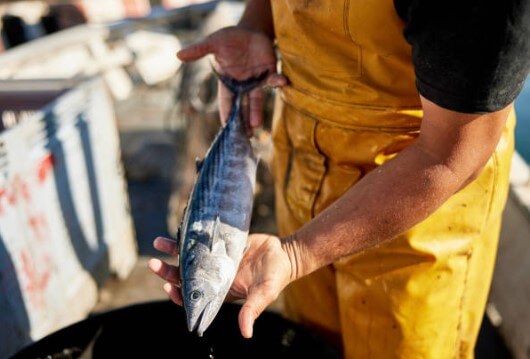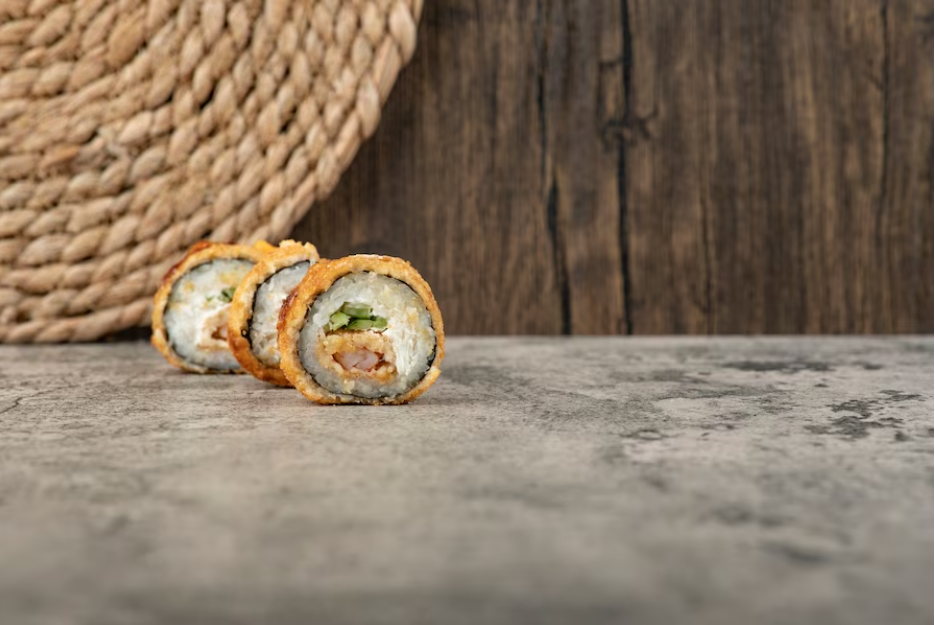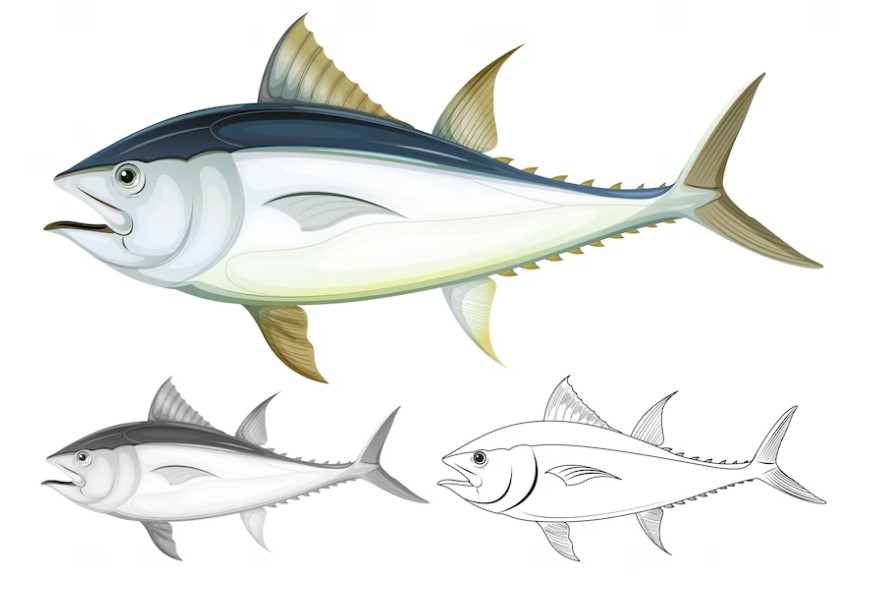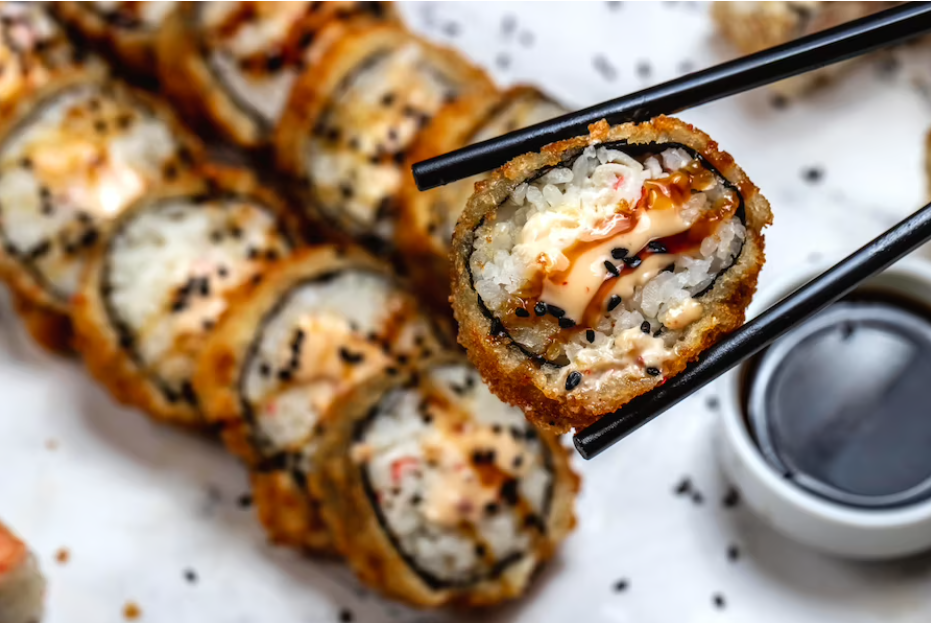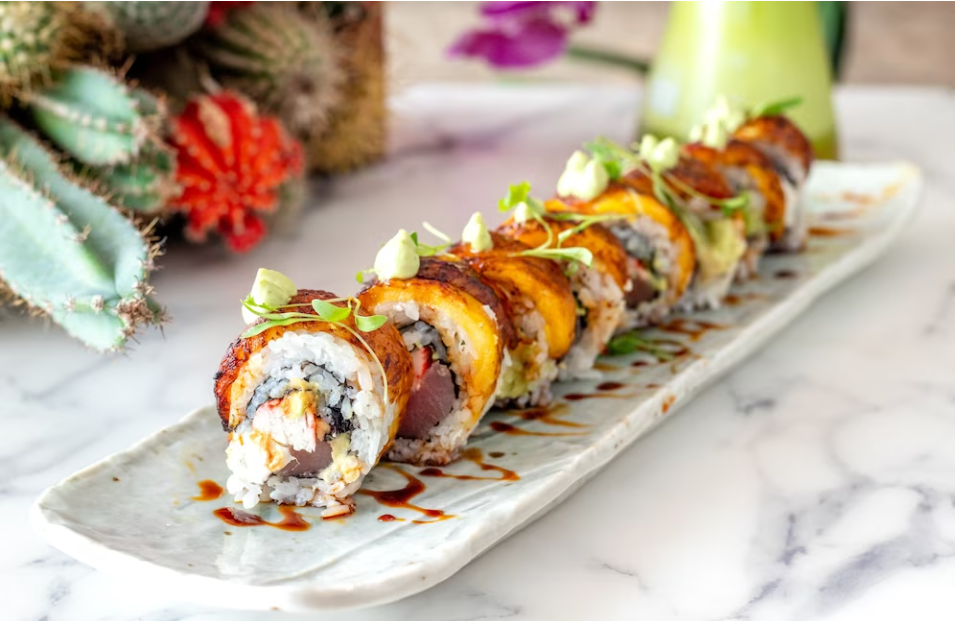Blog
Local Guides Section When it comes to savoring the local cuisine, the experiences shared by diners are invaluable in discovering hidden gems. In the realm of Japanese cuisine,
Best of Japanese Cuisine in St. Louis St. Louis, MO – The culinary landscape of St. Louis is a testament to the city’s rich cultural diversity, with Japanese
Top 10 Vegan Sushi Delights You Must Try in St. Louis St. Louis, MO – The vibrant city of St. Louis is no stranger to the evolving tastes
Exciting Culinary Adventures Await at Clayton’s Premier Dining Destinations Clayton, MO – Clayton’s vibrant dining scene continues to captivate locals and visitors alike, offering an array of culinary
Best Sushi Experiences in Saint Louis Sushi enthusiasts and food connoisseurs alike, rejoice! From traditional Japanese restaurants to innovative sushi bars, this list features establishments that cater to
Pork Green Chili Recipe – A Spicy Southwestern Staple When it comes to bold and flavorful dishes, few can hold a candle to the iconic green chili recipe.
Pate Chaud – A French-Vietnamese Pastry Delight Indulge in the irresistible flavors of our Pate Chaud, a fusion of French and Vietnamese culinary traditions. Made with a flaky,
5 Layer Burrito – A Hearty Mexican Feast Indulge in the irresistible flavors of Mexico with our delicious 5 Layer Burrito. This hearty feast is a true celebration
Tripe in Pho – Exploring the Richness of a Traditional Vietnamese Dish Pho, a beloved Vietnamese dish, is known for its flavorful broth and tender noodles. But did
Living on the Veg Plush – Vegetarian Delights Introducing the Living on the Veg Plush, the perfect companion for all the veggie enthusiasts out there! Whether you’re a
Sauces at Pho Restaurant – Exploring Vietnamese Flavors Welcome to the world of Vietnamese cuisine, a realm filled with aromatic spices, vibrant herbs, and captivating flavors. In this
Discover the Delights of Trippa – A Journey into the Savory World of Italian Cuisine Trippa is not just a dish, it is an experience that takes you
Delve into the Delectable World of Crunch Salmon Roll – A Textural Experience in Sushi Experience the delight of our Crunch Salmon Roll, a perfect blend of taste
Crab Roll Recipe – A Classic Sushi Favorite Are you a fan of sushi? Do you crave that classic taste and texture of a delicious crab roll? Look
Choosing the Right Sushi Knife for Perfect Slices Are you tired of struggling to achieve the perfect slices of sushi? Look no further! Choosing the right knife is
Bluefin Tuna Recipes Bringing the Oceans Richness to Your Plate Experience a culinary adventure with our delicious bluefin tuna recipes! Known for its rich flavor and tender texture,
Delicious and Kid-Friendly Sushi Options – A Guide to Finding the Best Sushi for Kids Treat your kids to the perfect sushi experience! Introducing our delicious selection of
Bacon Sushi Roll – A Unique and Flavorful Creation Indulge in a truly unique and unforgettable culinary experience with our flavorful Bacon Sushi Roll. Combining the best of
Angel Roll Sushi – A Heavenly Fusion of Flavors Roll into a heavenly dining experience with our sushi that combines the best of both worlds. At Angel Roll Sushi, we have
What is Smelt Egg? A Sushi Egg Exploration Indulge in a culinary exploration like no other and uncover the world of smelt egg, a seafood delight that is
Salmon Sake Sushi Symphony Indulge in the seafood sensation of the century with our exquisite Salmon Sake Sushi Symphony. With every bite, you’ll experience a harmonious blend of
Ika Maruyaki Elegance: Sophistication of Grilled Squid Elevate your culinary experience with Ika Maruyaki, a Japanese delicacy that will take your taste buds on a sensational journey. Our
What is Sushi Ebi? Exploring the Shrimp Wonder Welcome to the extraordinary culinary exploration of sushi delight with a special focus on sushi ebi. Step into a realm
Delicious Crunch Salmon Roll Delight Experience the crunchy sensation of our Crunch Salmon Roll, a sushi delight that will leave you craving for more! Looking for a quick
Sushi Ball Bliss: Discover the Perfect Bite of Japanese Cuisine Indulge in a culinary bliss and embark on a flavorful experience like no other with our delectable sushi
Learn How to Cut Sushi Like a Pro Are you a sushi enthusiast who wants to elevate your sushi game? Knowing the art of sushi preparation is essential,
Discover the Deliciousness of Angel Roll Sushi Extravaganza Experience a taste sensation like no other with our Angel Roll Sushi Extravaganza. With its unique combination of fresh ingredients
Charlies Sushi Delight Experience the perfect harmony of taste and tradition at Charlie’s Sushi, a destination cherished by food enthusiasts worldwide. Our sushi delight embodies the essence of
Sushi Monkey Balls Culinary Adventure Embark on a culinary adventure like no other, and prepare yourself for a unique experience that will tantalize your taste buds and awaken
Unraveling the Mystery of Madame Butterfly Drinks Welcome to the extraordinary world of Madame Butterfly Drinks, where wonder and enchantment meet in every sip. Prepare to be captivated
Inside the Sushi Kitchen: Tools and Techniques. Step inside the world of sushi and uncover the secrets of its kitchen. Sushi has become a global phenomenon, with its
Pairing Drinks with Sushi: Beyond Sake. When it comes to enjoying sushi, many people automatically think of pairing it with sake. While sake is a classic choice, there
Sushi Etiquette: Do’s and Don’ts When it comes to enjoying sushi, there are certain do’s and don’ts that every sushi lover should be aware of. Sushi etiquette plays
Delamu Sushi Making Kit – Elevate Your Home Sushi Experience to New Heights with the Ultimate Sushi-Making Set The Delamu Sushi Making Kit is the ultimate tool for
Seasonal Sushi: Best Fish for Each Season. When it comes to sushi, the choice of fish is crucial. The best sushi is made with seasonal fish, as each
Homemade Sushi: Tips for Freshness and Safety. When it comes to enjoying sushi, freshness and safety are of utmost importance. Making sushi at home can be a fun
Sushi for Kids: Making Child-Friendly Rolls Are you tired of trying to find meals that your picky eaters will enjoy? Look no further – we have the solution
Debunking Myths: Common Misconceptions About Sushi Sushi, a popular Japanese dish, has gained immense popularity around the world. However, there are many common misconceptions about sushi that are
Exploring the Different Textures in Sushi Sushi is a culinary delight that offers a wide array of flavors and textures. From the soft and tender tuna sashimi to
A Guide to the Different Types of Seaweeds in Sushi. Seaweed is an essential ingredient in sushi, adding a unique flavor and texture to this popular Japanese
What Is the Hamachi Sushi? Are you a sushi lover who is always on the lookout for new and exciting types of sushi? If so, then you need
What Is Smelt, Roe Sushi, Smelt egg And Why Would You Want It? Eating raw fish can often be an acquired taste, but most people find they enjoy
Top 5 Famous Whole Food Sushi Rolls Calories & Nutrition Are you a sushi lover who is always on the lookout for healthy and delicious options? Look no
The Best Wines With Sushi: A Guide For Every Budget Sushi is one of the most beloved dishes around the world. Not only is it delicious and full
The Most Delicious Spicy Mayo Sauce Recipe To Put On Your Sushi If you love sushi, then you know that one of the best things about it is
Top 5 Best Crab Roll Sushi Recipes Are you a big fan of sushi, but tired of the same old tuna and salmon rolls? Look no further than
Sushi as a source of high-quality protein and essential nutrients A sushi dinner is not only a tasty treat, but it also holds the potential to provide you
The Ultimate Guide to Nigiri Sushi: Types, Toppings, and More Nigiri sushi is a popular type of sushi that consists of a small ball of sushi rice topped
Sushi as a trendy and fashionable food choice Let’s face it, sushi is the new trend in food that has everyone talking. From its vibrant colors to its
Makimono Sushi Rolls: The Best And Most Delicious Kind Of Japanese Food Makimono sushi rolls are the best and most delicious kind of Japanese food. There are many
International Sushi Day Get your chopsticks ready and mark your calendars because June 18th is International Sushi Day! This culinary celebration recognizes the worldwide recognition of sushi –
Is sushi Japanese or Chinese? Does the question “Is sushi Japanese or Chinese?” leave you stumped? You’re not alone – many people are surprised to learn that sushi
Is Teppanyaki Cooking the Same as Hibachi Are you a fan of Japanese cuisine and wondering what the differences are between teppanyaki and hibachi cooking? Perhaps you’ve heard
Know Your Sushi: Types & Terms You Need to Know Before Ordering Are you a sushi lover but get overwhelmed with the different types of sushi on the
Koi Fish in Japanese Sushi Tradition and Taste Sushi, a traditional Japanese dish that has taken the world by storm, is known for its fresh and succulent seafood.
How Many Calories in Sushi Rice? Sushi is a beloved Japanese dish that has captured the hearts of foodies worldwide. It’s light, flavorful, and perfect for those who
How To Eat Sushi Properly – The Basics And Tips Sushi is one of the most popular Japanese dishes in the world. But, as simple as it may
Exploring Yellowfin Tuna for Sushi Looking for yellowfin tuna for sale? You’ve come to the right place! Our selection includes ahi wild yellowfin tuna, frozen yellowfin tuna, tonnino
What is a Hawaiian roll sushi? Hawaiian roll sushi is a type of sushi that consists of rice, seafood, and vegetables rolled in nori (seaweed). It is then
Easy Steps to Roll Sushi Without a Mat Are you a sushi lover who wants to make homemade sushi, but doesn’t have a mat? Don’t fret! Rolling sushi
Sushi cooking class: Learn from a professional chef Have you ever wanted to learn how to make sushi? If so, you’re in luck! In this blog post, we’ll
Caviar Sushi: What Makes It So Unique And Delicious? Have you ever tasted the unique and delicious flavors of caviar sushi? If not, then you’re missing out on
Bigeye Tuna: A Delectable Option for Sushi If you’re a fan of sushi, you know that the quality of the fish is absolutely crucial to the final
Best Yellowtail Sushi Roll Recipes Are you a sushi lover looking for new and exciting recipes to try at home? Look no further than the delicious and versatile
Best Lobster Roll Sushi Recipes Calling all seafood lovers! Are you ready to take your sushi game to the next level? Say hello to the Lobster Roll Sushi,
Best Bacon Sushi Recipe Are you a sushi lover who also has a passion for bacon? Have you ever thought about combining these two culinary favorites into one
A Guide to Bluefin Tuna Varieties for Sushi Bluefin tuna is a fan-favorite type of fish usually used for sushi. If you are a sushi lover, this
